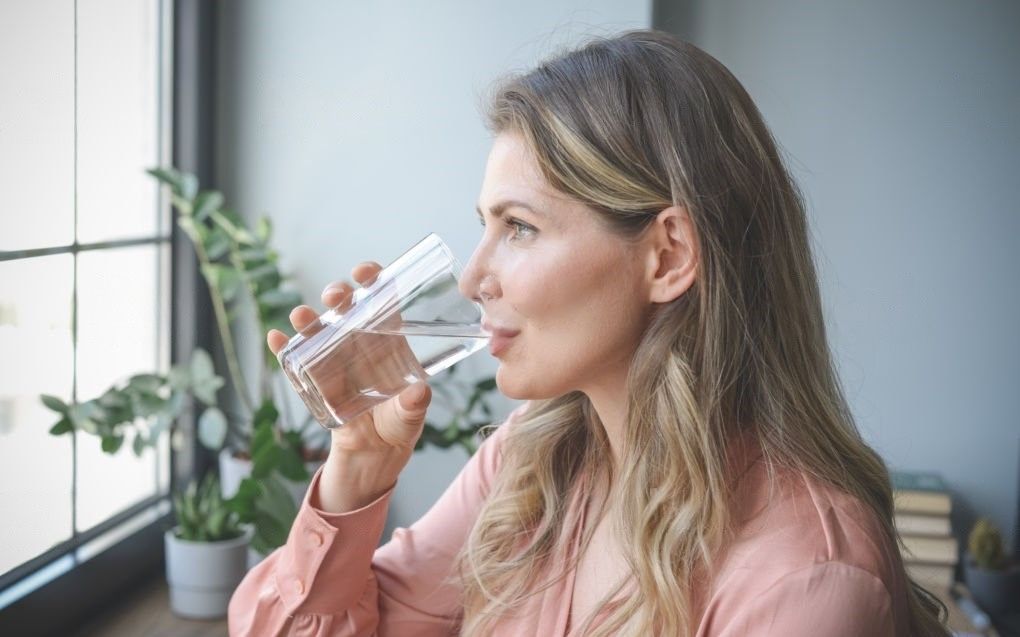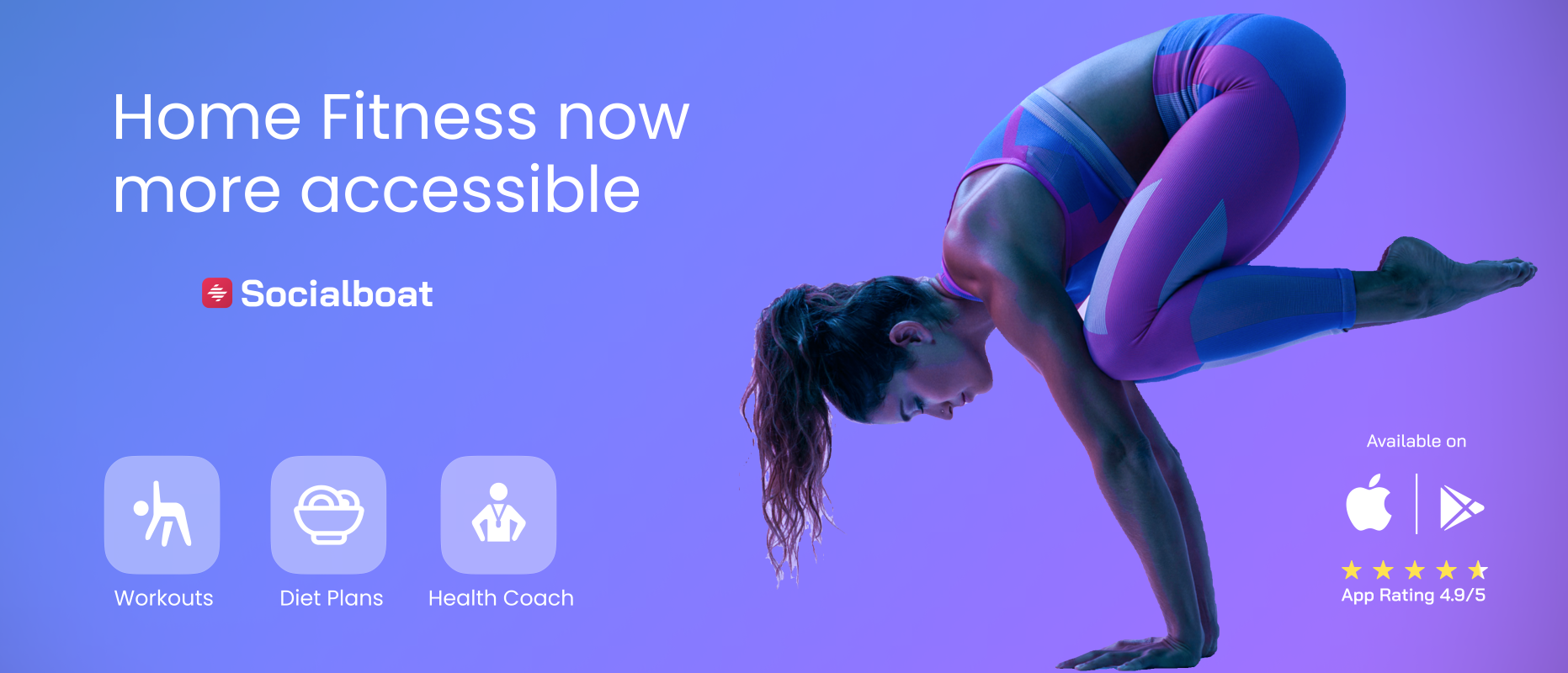The Importance of Hydration for Women: Not Just About Drinking More Water
Women can promote cognitive function, digestion, skin health and overall vitality by prioritizing water and implementing these practices.

Water is essential for overall health, and adequate hydration is particularly important for women. Proper hydration plays a crucial role in maintaining physiological functions, supporting metabolism, promoting healthy skin, optimizing athletic performance, and preventing various health issues. In this blog, we will explore the significance of hydration for women beyond simply drinking more water. We will delve into the factors that influence hydration needs, the benefits of staying hydrated, and practical strategies to ensure optimal hydration. By understanding the importance of hydration and adopting appropriate habits, women can prioritize their well-being and enhance their overall health and vitality.
Women and the Importance of Hydration
1.Understanding Hydration Needs:
- Factors such as age, activity level, climate, and overall health influence an individual's hydration needs.
- Women often have unique hydration requirements due to physiological changes during menstruation, pregnancy, and breastfeeding.
- It is crucial to listen to your body's thirst signals and adjust fluid intake accordingly.
2. Benefits of Adequate Hydration:
- Hydration supports optimal cognitive function, including improved concentration, focus, and mental clarity.
- Proper hydration aids digestion, nutrient absorption, and elimination, promoting a healthy digestive system.
- Skin health is enhanced by sufficient hydration, as it helps maintain moisture levels, improves elasticity, and supports a glowing complexion.
- Hydration is vital for physical performance and exercise recovery, as it regulates body temperature and prevents dehydration-related fatigue.
3. Electrolyte Balance:
- Electrolytes, including sodium, potassium, magnesium, and calcium, play a vital role in maintaining fluid balance and proper hydration.
- Consuming electrolyte-rich foods and beverages, such as bananas, avocados, yogurt, and coconut water, helps replenish electrolyte stores.
4. Sweat Loss and Hydration:
- Women lose fluids through sweat during exercise, increasing the risk of dehydration if not adequately replenished.
- Sweat loss and hydration needs are influenced by factors such as the intensity and duration of the activity, as well as environmental conditions.
5. Environmental Considerations:
- Hot and humid conditions during exercise lead to increased sweat production and higher fluid loss.
- To maintain hydration and prevent heat-related illnesses, it is important to increase fluid intake and consider electrolyte-rich beverages in such environments.
Monitoring hydration status can help ensure adequate fluid intake and prevent dehydration. Here are a few methods to monitor hydration:
1.Urine Color: One simple way to assess hydration status is by observing the color of your urine. Light-colored or pale yellow urine indicates proper hydration, while dark-colored urine suggests dehydration. Aim for a pale yellow color as an indication of adequate hydration.
2. Urine Frequency: Pay attention to your urine frequency throughout the day. If you are urinating regularly and producing a moderate amount of urine, it is generally a good sign of hydration. Infrequent urination or very small amounts of urine may indicate inadequate fluid intake.
3. Thirst Sensation: Thirst is the body's natural mechanism to signal the need for fluid intake. While it is not always a perfect indicator, feeling thirsty can be a sign that you need to drink more water. It's important to note that relying solely on thirst may not be sufficient, as thirst sensation may not always align with actual hydration needs, particularly during intense physical activity.
4. Body Weight: Monitoring changes in body weight can provide insights into hydration status. Regularly weighing yourself before and after exercise sessions can help determine the amount of fluid lost through sweat. Aim to replenish approximately 16 to 24 ounces (0.5 to 0.7 liters) of fluid for every pound (0.5 kg) lost during exercise.
5. Hydration Apps or Devices: There are smartphone apps and wearable devices available that can help track hydration levels. These tools may utilize data such as water intake, activity levels, and sweat rates to estimate hydration status. While not as accurate as laboratory tests, they can provide general guidance and reminders for fluid intake.
Beyond Water: Hydrating Foods and Beverages:
- While water is the primary source of hydration, other fluids and hydrating foods also contribute to overall hydration status.
- Fruits and vegetables with high water content, such as watermelon, cucumbers, citrus fruits, and leafy greens, can support hydration.
- Herbal teas, coconut water, and homemade hydrating beverages are excellent alternatives to increase fluid intake.
SUMMARY
Proper hydration is vital for women's overall health and well-being. Understanding hydration needs, recognizing the benefits of adequate hydration, incorporating hydrating foods and beverages, maintaining electrolyte balance, and prioritizing hydration during physical activity are all essential strategies to ensure optimal hydration. By making hydration a priority and adopting these practices, women can support cognitive function, digestion, skin health, athletic performance, and overall vitality.
Jayti Shah is a Clinical Nutritionist with a master's degree in Clinical Nutrition and Dietetics. She is a member of the Indian Dietetic Association (IDA). Over the last 9 years, she has helped 400 clients in their clinical and weight loss journeys. She works with SocialBoat as a nutrition consultant.
At SocialBoat, we offer custom diet plans and guided workouts to help you achieve your goals in a 360-degree approach. Our gamified experience ensures that you don’t find workouts boring and we reward you for being consistent with your efforts.

REFERENCES
- Ganio MS, Armstrong LE, Casa DJ, McDermott BP, Lee EC, Yamamoto LM, Marzano S, Lopez RM, Jimenez L, Le Bellego L, Chevillotte E, Lieberman HR. Mild dehydration impairs cognitive performance and mood of men. Journal of the American College of Nutrition. 2011; 30(5): 1-6.
- Palma L, Marques LT, Bujan J, Rodrigues LM. Dietary water affects human skin hydration and biomechanics. Journal of Clinical, Cosmetic and Investigational Dermatology. 2015; 8: 413-421.
- Currell K, Jeukendrup AE. Superior endurance performance with ingestion of multiple transportable carbohydrates. Journal of the International Society of Sports Nutrition. 2008; 5: 9.
- Popkin BM, D'Anci KE, Rosenberg IH. Water, hydration, and health. Nutrition Reviews. 2010; 68(8): 439-458.
- Institute of Medicine. Dietary Reference Intakes for Water, Potassium, Sodium, Chloride, and Sulfate. National Academies Press. 2005.
